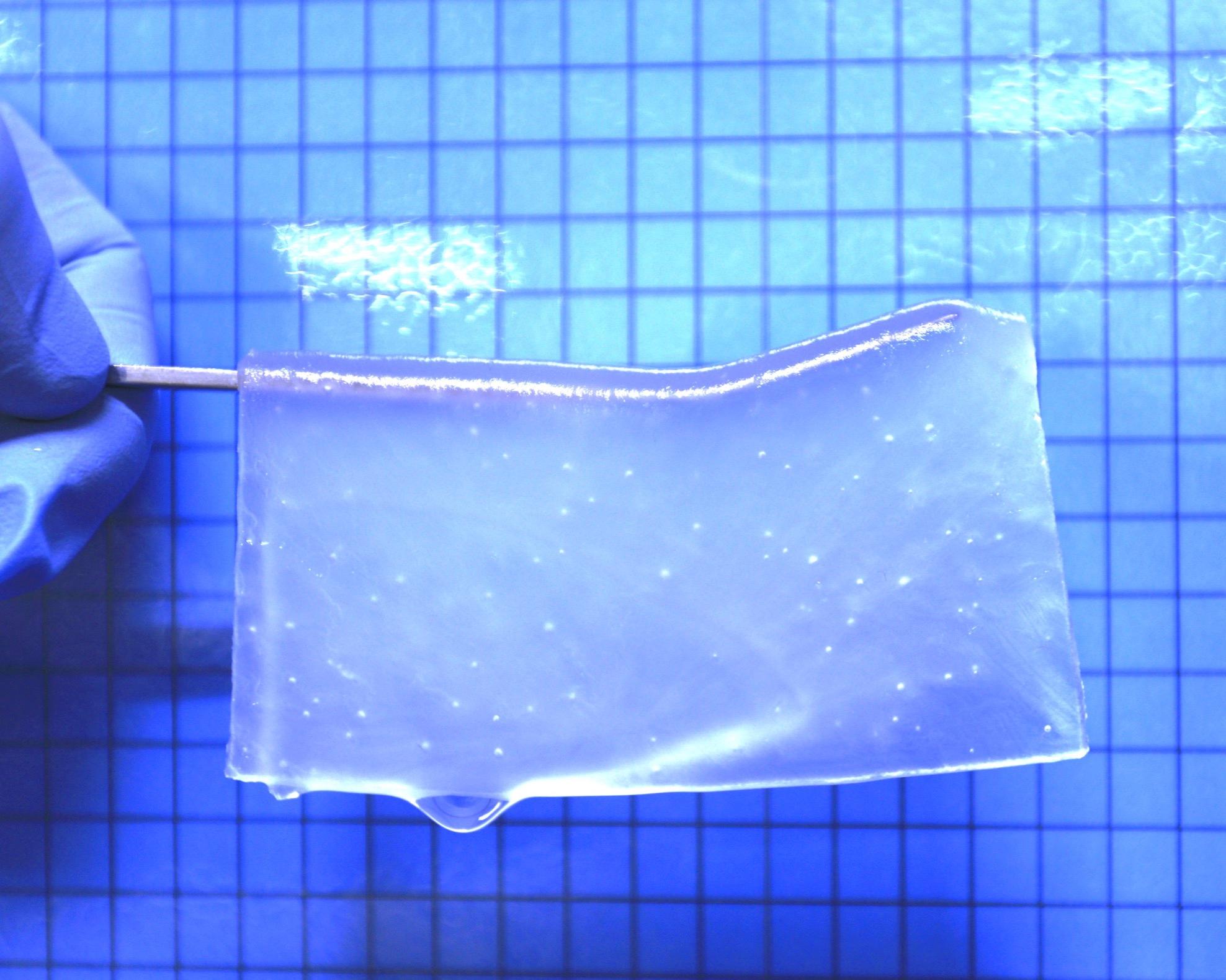

Musa Sayed
Class of 2024San Ramon, CA
About
Hello! My name is Musa and my Polygence project is about brain-machine interfaces. I chose this project because I would like to help people with neurodegenerative diseases. After this project, I would like to study bioengineering in college and become a neurosurgeon after undergraduate school.Projects
- Addressing the biomaterial failure modes for brain computer interfaces with mentor Ti'Air (Sept. 15, 2023)
Project Portfolio
Addressing the biomaterial failure modes for brain computer interfaces
Started May 18, 2023

Abstract or project description
Neural prostheses, otherwise known as brain-machine interfaces (BMIs) have been a hot topic of interest recently. These neural prostheses have demonstrated the ability to helped people in regain motor function in many ways. Some examples are using intended movements from the brain to control a prosthetic limb, translating brain activity into commands for those who cannot speak, and studying the brain and its deeper function. One shortcoming of neural prostheses is the foreign body response it stimulates in the brain. When the prosthetic is detected, the brain sends astrocytes, a type of glial cell in the central nervous system, which encapsulates the object and form a glial scar, which functions to protect the rest of the brain from the foreign body. As a result, the prosthetic is unable to function, which places a time limit on how long the neural prosthetic would work. Because of this, I will be exploring how neural prostheses can potentially be designed in order to avoid triggering the foreign body response for as long as possible.